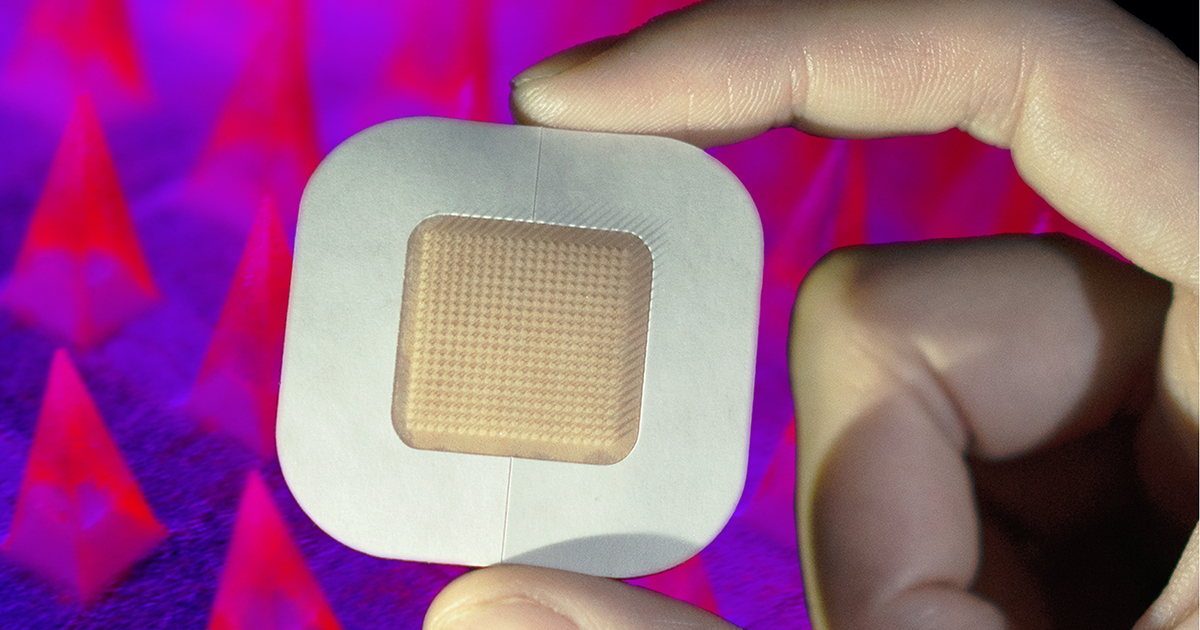An insulin-delivery patch which could “revolutionise” the lives of people with type 1 diabetes is one step closer to becoming a reality.
American researchers have come together to develop an adhesive patch which reacts to glucose levels and delivers the right dose of insulin.
The patch, about the size of a coin, has been accepted by the US Food and Drug Administration’s Emerging Technology Program.
The next step for researchers is to get approval to trial the technology in humans. This follows a series of successful studies, the most recently of which showed the patch helped control glucose levels in pigs for up to 20 hours.
Professor Zhen Gu, from the University of California, Los Angeles (UCLA) Samueli School of Engineering, said: “Our main goal is to enhance health and improve the quality of life for people who have diabetes.
“This smart patch takes away the need to constantly check one’s blood sugar and then inject insulin if and when it’s needed. It mimics the regulatory function of the pancreas but in a way that’s easy to use.”
The technology behind the patch involves lots of tiny microneedles pre-loaded with insulin. They deliver the hormone when needed and when blood sugar returns to normal, the patch’s insulin delivery also slows down.
Study co-author Dr John Buse, director of the University of North Carolina’s (UNC) Diabetes Center and the North Carolina Translational and Clinical Sciences (NC TraCS) Institute at the University of North Carolina at Chapel Hill School of Medicine, said: “It has always been a dream to achieve insulin-delivery in a smart and convenient manner.
“This smart insulin patch, if proven safe and effective in human trials, would revolutionise the patient experience of diabetes care.”
It is thought the patch could also be used to treat other conditions as the needles could be loaded with other medications.
Co-author Dr Robert Langer, from the David H. Koch Institute, added: “I am glad the team could bring this smart insulin patch one more step close to reality, and we look forward to hopefully seeing it move forward to someday help people with diabetes.”








